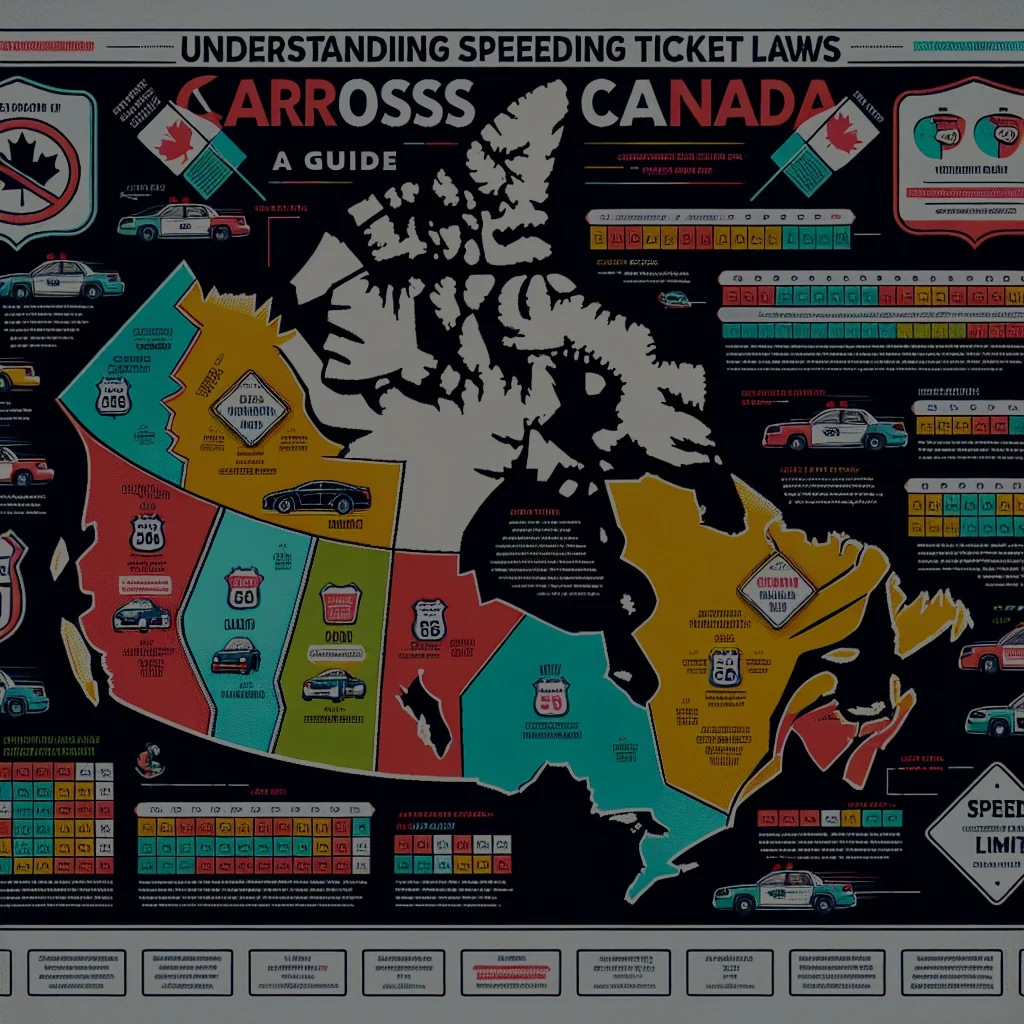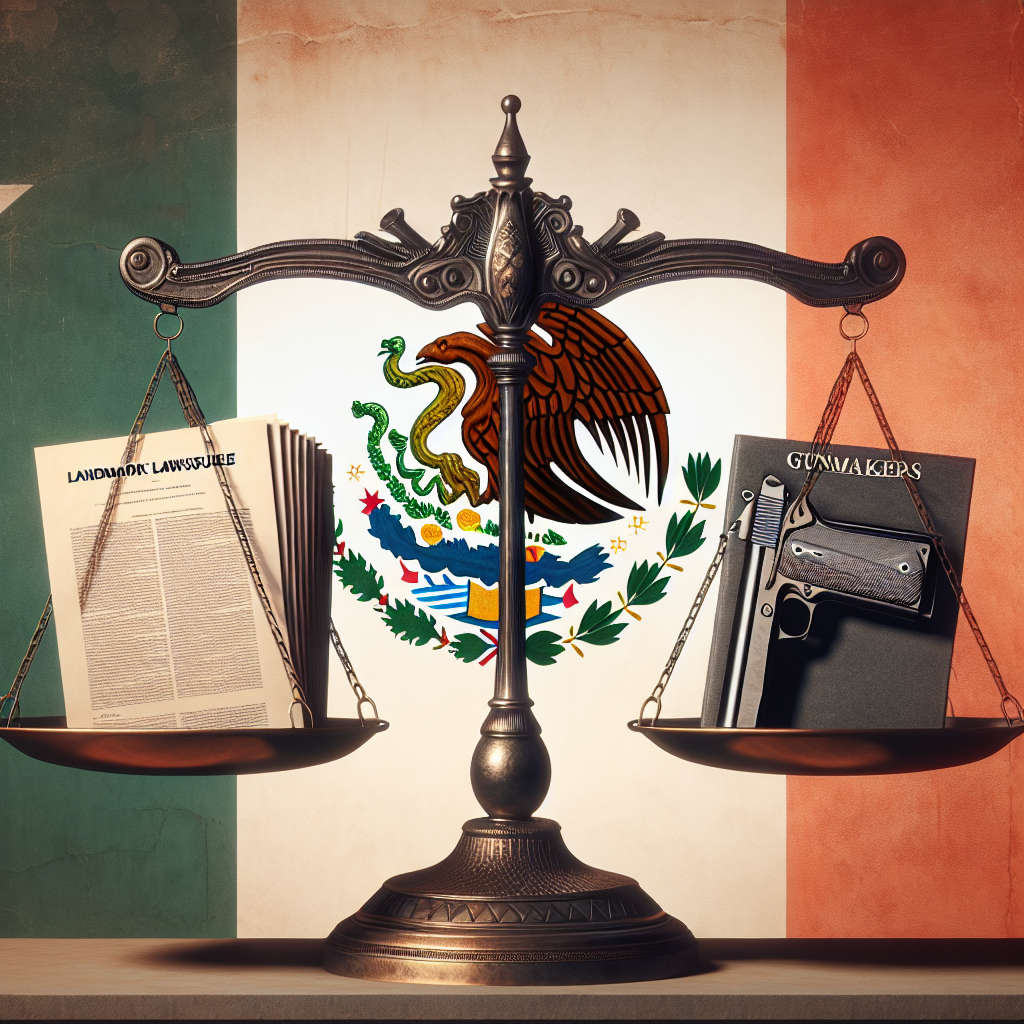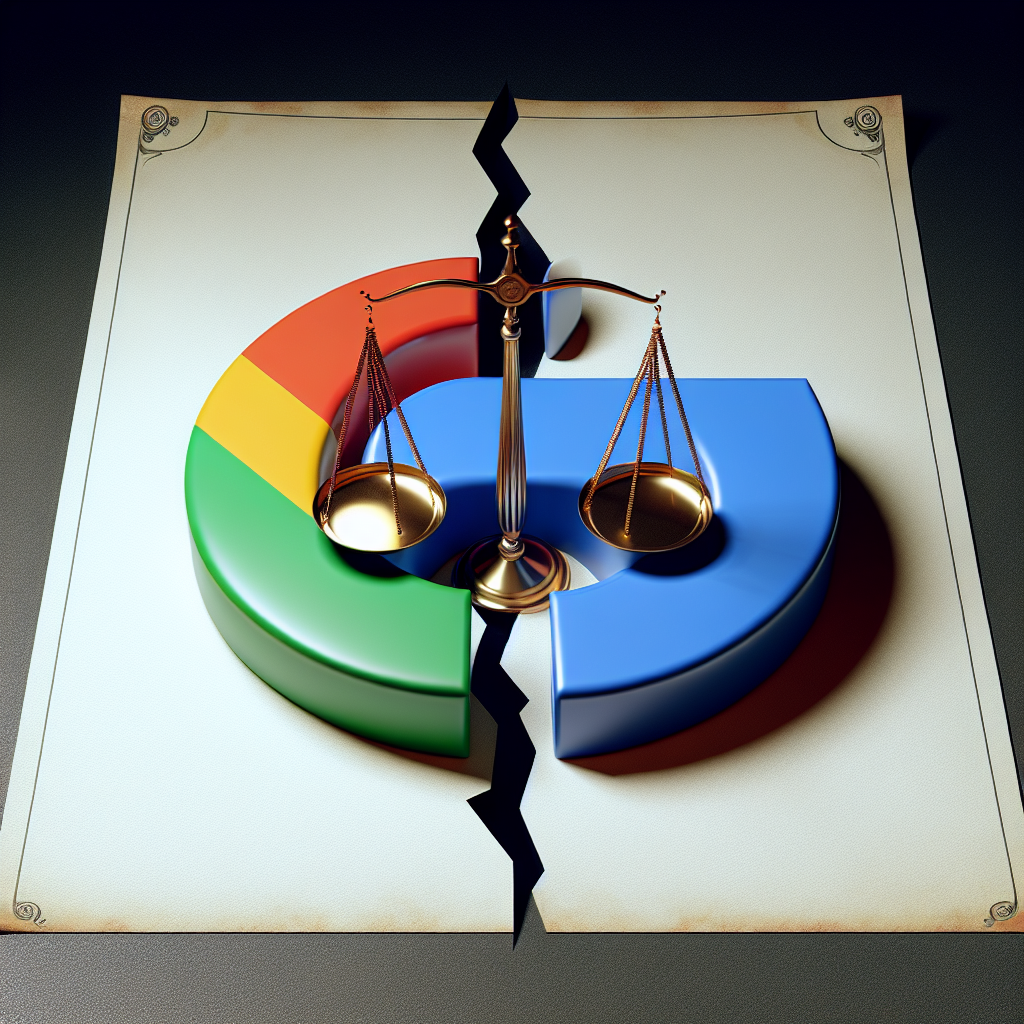Speeding is a common traffic violation that can lead to significant legal consequences across Canada. While the rules regarding speeding tickets are designed to promote safety on the roads, they can vary widely from one province to another. Understanding the intricacies of speeding ticket laws is essential for drivers to navigate the legal landscape effectively and avoid unnecessary penalties. In this guide, we will explore the basics of speeding ticket laws in Canada, variations among provinces, consequences of receiving a ticket, and strategies for contesting a speeding ticket successfully.
The Basics of Speeding Ticket Laws in Canada Explained
In Canada, speeding ticket laws are primarily governed by provincial and territorial statutes, meaning that the legal framework can differ significantly depending on where you are driving. Generally, speed limits are set by local governments and can vary in urban and rural settings. The standard limits are usually 50 km/h in cities and 80-100 km/h on highways, but there are exceptions, and it’s crucial for drivers to be aware of posted signs. Ticketing is often enforced by law enforcement through radar, laser technology, and sometimes even photo enforcement systems.
When a driver exceeds the posted speed limit, they can be issued a ticket by law enforcement officers. The ticket typically includes details such as the driver’s information, the vehicle’s license plate, the speed recorded, and the location of the offense. It is essential to note that the penalties for speeding can increase significantly if a driver is found to be driving excessively over the limit, often categorized as "stunt driving" in many provinces. This designation can lead to severe implications, including vehicle impoundment and higher fines.
Each province also has its own set of rules regarding the accumulation of demerit points on a driver’s record. For instance, exceeding the speed limit by 16 km/h or more could result in demerit points that can accumulate over time, leading to the potential suspension of a driver’s license. Understanding these basics is crucial for drivers to ensure compliance and avoid the repercussions of speeding.
Variations in Speeding Regulations Among Provinces
While the basic principles behind speeding laws are similar across Canada, each province has the authority to implement its own specific regulations, leading to notable differences. For instance, British Columbia employs a system known as "ICBC" (Insurance Corporation of British Columbia) that offers a tiered penalty system, wherein fines vary based on how significantly a driver exceeds the speed limit. In contrast, Ontario has a "Highway Traffic Act" that categorizes speeding offenses into minor and major infractions, with different penalties associated with each category.
In Alberta, speeding in construction zones carries harsher penalties, including increased fines and demerit points, regardless of whether workers are present. This emphasis on safety in designated work areas is reflected in regulations aimed at protecting both workers and drivers. Conversely, Quebec has a unique approach, incorporating a point-based system that significantly impacts insurance premiums, thereby incentivizing drivers to adhere strictly to speed limits.
Understanding these regional variations is essential for drivers traveling across provincial lines. A speeding offense in one province may not carry the same weight in another, and being aware of local laws can prevent confusion and unintentional infractions. Drivers should familiarize themselves with the speeding regulations of each province they plan to visit to ensure compliance and avoid hefty fines.
Consequences of Speeding Tickets: Fines and Penalties
Receiving a speeding ticket can lead to a range of consequences, starting with monetary fines that vary significantly between provinces. For minor speed violations, fines can range from $50 to several hundred dollars, but more severe infractions, such as excessive speeding, can result in fines exceeding $1,000. Additionally, some provinces have implemented a "zero-tolerance" policy for extreme offenses, where fines and penalties escalate rapidly as speeds increase.
In addition to financial penalties, drivers can also face demerit points, which are added to their driving record for each violation. Accumulating too many points can lead to license suspension, which varies among provinces. For instance, Ontario has a threshold of 15 demerit points for license suspension, whereas British Columbia has a different scale. Understanding the point system is crucial for drivers to manage their records effectively and avoid severe repercussions.
Furthermore, multiple speeding tickets can lead to increased insurance premiums, as insurance companies often consider a driver’s record when calculating rates. A single ticket may not significantly impact a driver’s insurance, but consistent infractions can lead to substantial financial repercussions over time. Thus, the consequences of speeding tickets extend beyond immediate fines and can have long-lasting effects on a driver’s financial and legal standing.
Strategies for Contesting a Speeding Ticket Successfully
Contesting a speeding ticket can be a viable option for drivers who believe they have been unfairly penalized. One of the most effective strategies is to gather evidence that supports the driver’s claim. This could include photographs of the area where the incident occurred, witness statements, or any documentation that demonstrates the driver’s speed was within legal limits. Additionally, reviewing the ticket for errors is essential, as inaccuracies in details such as the vehicle’s make or model can sometimes lead to a dismissal of the ticket.
Another successful strategy is to understand the specific radar or laser technology used by law enforcement to issue the ticket. In some cases, officers may not have followed proper procedures, or the equipment may not have been calibrated correctly. Familiarizing oneself with the technical aspects of speed detection can provide grounds for contesting the ticket. Drivers can also consider consulting a traffic lawyer, especially for more severe infractions, to navigate the legal complexities involved in contesting a ticket.
Lastly, attending court to present your case is crucial. Many provinces allow drivers to plead their case before a judge, where they can present their evidence and arguments. It is essential to remain respectful and professional in court, as demeanor can affect the judge’s perception. Ultimately, successfully contesting a speeding ticket requires preparation, knowledge of the law, and a clear presentation of facts.
Understanding speeding ticket laws across Canada is crucial for drivers who wish to navigate the complex landscape of traffic regulations effectively. With variations in laws among provinces, it is essential to be aware of local rules and the potential consequences of violations. Whether it is the financial penalties, demerit points, or strategies for contesting a ticket, being informed empowers drivers to make safer choices on the road. By adhering to speed limits and understanding their rights and responsibilities, drivers can contribute to safer roadways for everyone.
Navigating the Appeal Process: A Guide for Canadian CourtsUnderstanding Impaired Driving Penalties Across CanadaUnderstanding Your Rights When Arrested in CanadaRelevant LinkRelevant LinkRelevant LinkNavigating the Appeal Process: A Guide for Canadian CourtsUnderstanding Impaired Driving Penalties Across CanadaUnderstanding Your Rights When Arrested in CanadaRelevant LinkRelevant LinkRelevant Link



